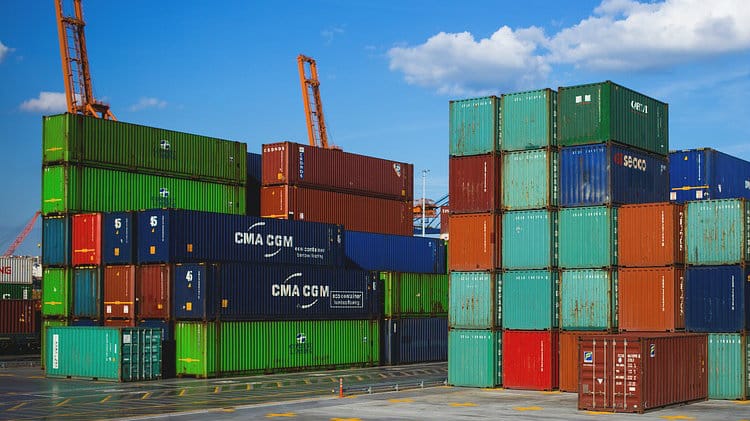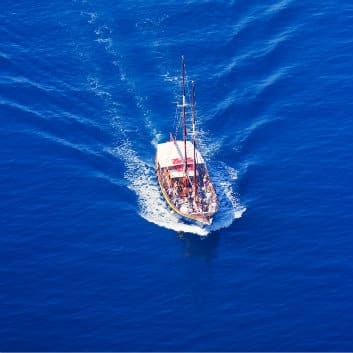Injured North Carolina offshore workers often have many questions about what comes next:
If you have questions following an offshore injury in North Carolina, we can help answer them in a free consultation.
In North Carolina, seaports are one of the largest contributors to the local economy. Countless local businesses receive bulk shipments of their goods and products through these ports, and a total of 76,000 North Carolina jobs are either directly or indirectly tied to these ports. The financial benefits of North Carolina’s ports are clear – port activities contribute to an average of $707 million each year in state and local tax revenues.
While maritime and offshore work has its personal and financial rewards, it also has risks. These workers commonly suffer serious injuries on the job, which can result in personal and financial setbacks. When one of these injuries occurs, maritime and offshore workers are protected by maritime law and may seek financial compensation under either the Jones Act or Federal Longshore and Harbor Workers’ Compensation Act.
Find more information from our maritime accident law firm here.

If you spend at least 30% of your work hours contributing to the function of a vessel on navigable waters, you should be covered under the Jones Act. This applies to cargo ship crew members, cruise ship staff members, offshore oil rig workers, and other offshore occupations. Jones Actemployees are entitled to maintenance and cure benefits for any work injury – these provide financial compensation for daily living expenses and medical bills. If some form of negligence played a part in your injury, then you may also file a lawsuit against your employer and/or the vessel owner, depending on circumstances.
Anyone else who works on or around a dock, port, harbor, or other maritime setting may be covered under the Longshore and Harbor Workers’ Compensation Act (LHWCA). This also provides financial compensation for medical bills and lost wages while you’re out of work, however you will rarely have the option to sue your employer, unless extreme negligence was to blame.

Most of North Carolina’s maritime commerce is handled at the following two ports:
The Port of Morehead City deals with breakbulk and bulk cargoes. It’s also one of the deepest ports on the East Coast, positioned four miles from the Atlantic Ocean. The top import is natural rubber, and the Port of Morehead is the second biggest importer of this material in the US. It’s also one of the country’s leading phosphate exporters.
The Port of Wilmington is located on the Cape Fear River, 26 miles from the Atlantic Ocean. This port’s terminal facilities handle container, bulk, breakbulk, and roll-on/roll-off operations.
Top imports include:
The main exports include:
If you’ve suffered a maritime or offshore injury at The Port of Morehead City, Port of Wilmington, or another maritime setting in North Carolina, it’s important to educate yourself on your rights. Many maritime workers may not realize that they’re eligible for financial compensation or be unsure of which system applies to them. It’s common for these workers to receive far less than they’re entitled to, or receive no compensation at all.
Fortunately, having the guidance of an experienced maritime lawyer can help prevent complications and protect your rights. Maritime injury cases are complex, and the other side consists of powerful insurance companies and their skilled lawyers. You’ll face resistance from these parties since they have a financial interest in denying compensation. In order to get through the legal aspects of your case and deal with these insurance companies, it’s advisable to at least speak to a lawyer in a free consultation.
Learn More: How Can Injured Virginia Offshore Workers Recover Financial Compensation?

 info@legalherald.com
info@legalherald.com